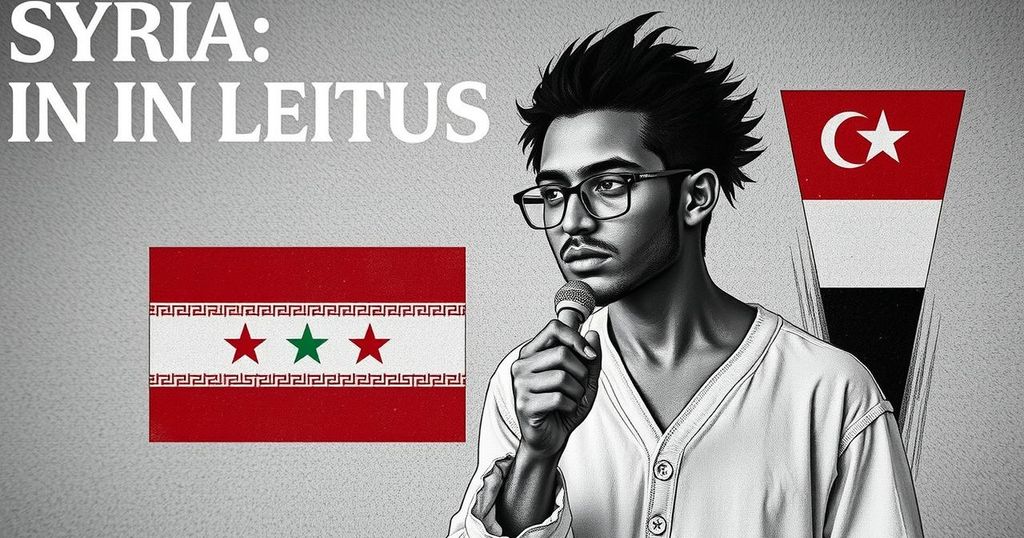The UN OHCHR has raised alarms over targeted killings of Alawites in Syria and a notable rise in executions in Iran. In contrast, the Central African Republic has made strides by enacting a law to protect human rights defenders, marking a significant positive development in its democratic evolution.
The United Nations Human Rights Office (OHCHR) has expressed deep concerns regarding the increasing violence against the Alawite community in Syria, where reports indicate targeted killings following the recent political upheaval. OHCHR spokesperson Liz Throssell highlighted the need for all parties to adhere to international humanitarian norms and protect minority rights. In related developments, Iran faces international scrutiny due to a sharp rise in executions, with at least 901 reported in 2024 alone. UN High Commissioner for Human Rights, Volker Türk, condemned this alarming increase, emphasizing the fundamental right to life and the dangers of erroneous executions. Meanwhile, in the Central African Republic, the adoption of a landmark law enhancing protections for human rights defenders has been celebrated as a significant progressive step, reinforcing civic freedoms and the essential role of civil society in the nation’s democracy.
The ongoing conflict in Syria has exacerbated sectarian tensions, particularly affecting minority groups like the Alawites. The UN has been monitoring the situation, urging restraint and accountability while emphasizing adherence to international laws designed to protect vulnerable communities. Concurrently, Iran’s record of executions has drawn condemnation from human rights advocates and the international community, spurred by the government’s crackdown on dissent amid social unrest. In contrast, the recent legislative development in the Central African Republic represents a critical advancement in the protection of human rights defenders, indicating a positive shift in the country’s commitment to democratic principles and civic engagement.
The current situation highlights a complex interplay of human rights issues across different regions. In Syria, the targeting of Alawites underscores the urgent need for international intervention to safeguard minority populations. Iran’s alarming execution rate calls for global outcry against capital punishment and its implications for human rights. Conversely, the progress in the Central African Republic offers a glimmer of hope, demonstrating potential for positive change in protecting those who champion human rights.
Original Source: news.un.org






